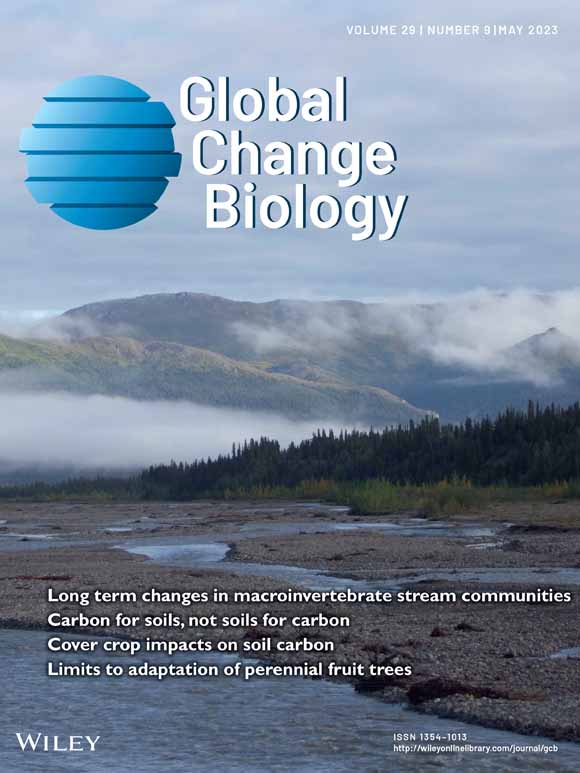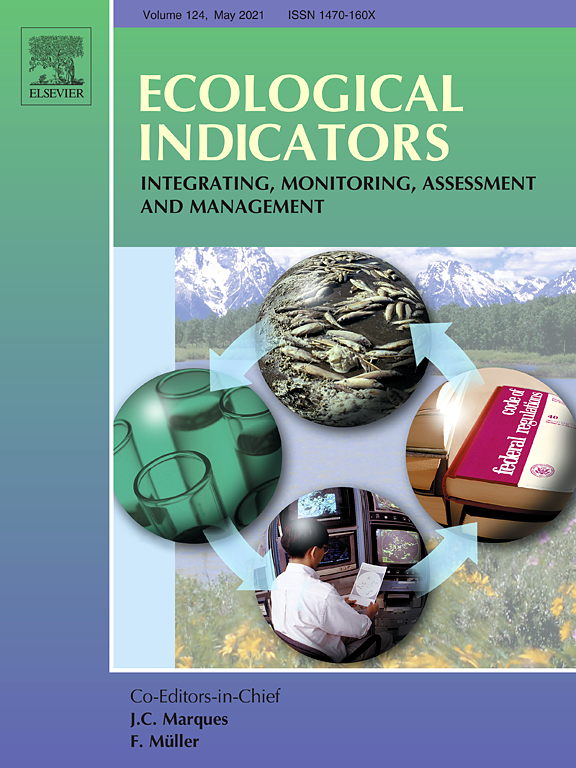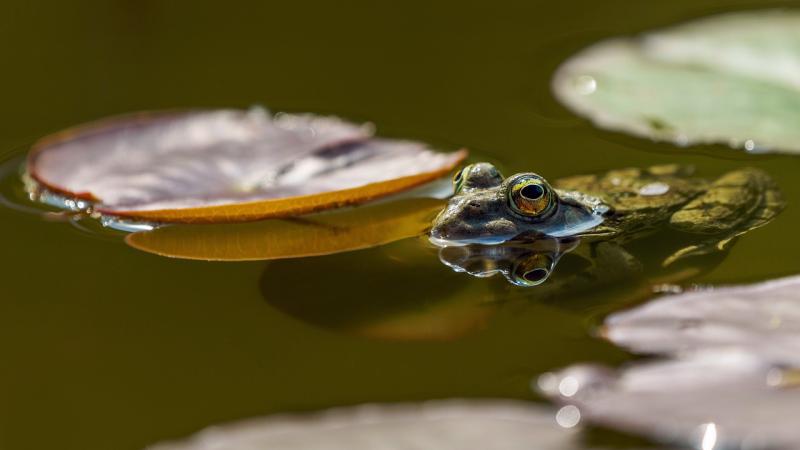(Dept. 2) Community and Ecosystem Ecology
Inland waters support exceptional biodiversity, are characterised by intense metabolism of matter, and provide important ecosystem services. However, freshwater ecosystems face high and increasing pressures from multiple stressors. The Department of Community and Ecosystem Ecology conducts research in both standing and running waters studying the response of freshwater communities and ecosystems to global change. Ultimately, we aim to advance our mechanistic understanding of the structure and functioning of inland waters as a basis for their sustainable management. Specifically, we focus on:
- Response of freshwater communities and diversity to changing environments
- Interactions between freshwater communities, their environment and ecosystem functioning
- Spatial and temporal freshwater biodiversity patterns
- Sustainable management of freshwater communities and ecosystems
We develop and analyse the long-term monitoring data of Lake Müggelsee and Spree as well as from other inland waters and their catchments, employ spatially explicit statistical and deterministic modelling approaches, and conduct lab and field experiments. Our department additionally encompasses research on the global effects of climate change and biodiversity and develops new theoretical concepts on that.
Research groups
Department members
Selected publications
A modelling approach to assess climate change impacts on taxonomic and functional diversity of European stream macroinvertebrates: Implications for water quality monitoring
The authors used bioclimatic models to predict EU freshwater macroinvertebrate habitats. The future distribution of macroinvertebrates reveals significant regional variations. Functional diversity was projected to change less than taxonomic diversity. Changes in environmentally suitable areas will impact widely used biological indices.

Rapid Eutrophication of a Clearwater Lake: Trends and Potential Causes Inferred From Phosphorus Mass Balance Analyses
In just 10 years, the phosphorus concentration in Lake Stechlin has quadrupled, which has been accompanied by algal blooms, oxygen depletion in the deep water and other signs of eutrophication. The study now shows that the causes are not always to be found in increasing nutrient inputs from the catchment or in re-dissolution processes in the deep areas of the lake, but also in the shallower parts.
Freshwater megafauna shape ecosystems and facilitate restoration
This is a review, synthesizing how megafauna shape ecological processes in freshwater ecosystems and discussing their potential for enhancing ecosystem restoration. Restoring freshwater megafauna can revive essential ecological processes like disturbances, trophic cascades, and species dispersal, boosting biodiversity and enhancing nature's contributions to people.
A global systematic map of knowledge of inland commercial navigation effects on freshwater ecosystems
The authors conducted a systematic mapping of the published literature (1908–2021) to provide a global synthesis of the effects of inland navigation on the biotic and abiotic components of freshwater ecosystems. Inland navigation impacts rivers through shipping, infrastructure, and waterway management, causing direct (e.g., waves) and indirect effects (habitat loss, invasions).
Multiple-stressor effects on leaf litter decomposition in freshwater ecosystems: A meta-analysis
By using a meta analytical technique, the authors investigated the effect of multiple-stressors on leaf litter decomposition in freshwaters. The overall interaction between multiple stressors was antagonistic and the magnitude and direction of multiple-stressor interactions depends on factors such as the involvement of macroinvertebrates, habitat type and available resources.









